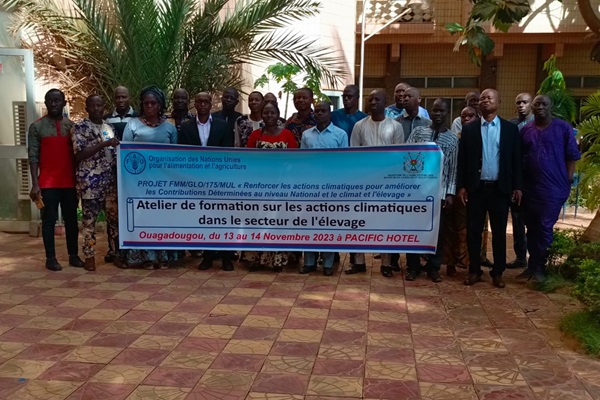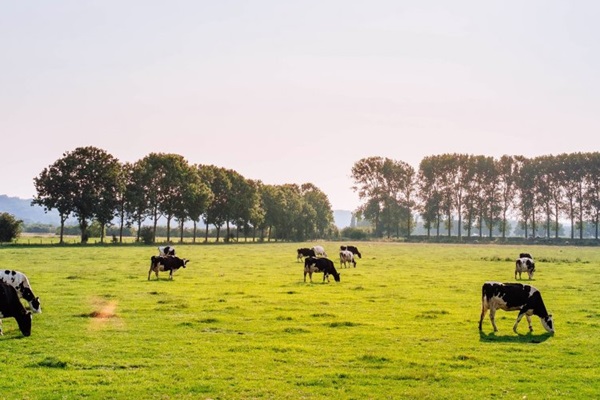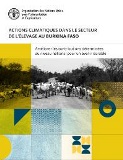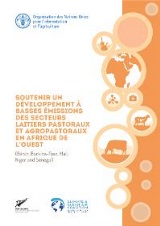West Africa
Livestock is a key economic sector in West Africa, contributing to a large proportion of the agricultural GDP in the region. Within the dairy cattle herd, more than 8.5 million milking females produce nearly 1.3 billion litres of milk each year. Over the past decade, milk production has grown by almost 5 percent every year. However, the growth of the sector is insufficient to respond to the even greater increase in the demand for dairy products, which is projected to further increase in the coming decades.
Pastoral and agropastoral production systems in western Africa are adapted to harsh environments with scarce natural resources. They provide a wide range of benefits such as food production, socio-economic services (e.g. income generation, transport, savings, insurance, cultural value) and environmental services (e.g. nutrient cycling, encroachment and fire regulation, maintenance of landscapes, habitats and genetic resources).
Seasonality strongly affects the quality and availability of feed resources and consequently impacts livestock production. Transhumance and the diversification of feed resources have been traditional coping strategies adopted in pastoral and agropastoral production systems but seasonality remains an important constraint for milk productivity in West African countries. As climate change will aggravate seasonal and inter-annual variability in rainfall, as well as the frequency of drought and other extreme events, addressing seasonality is key to improving the livestock sector in West Africa.















.tmb-th600x450.jpg?Culture=en&sfvrsn=d1641d27_1)

